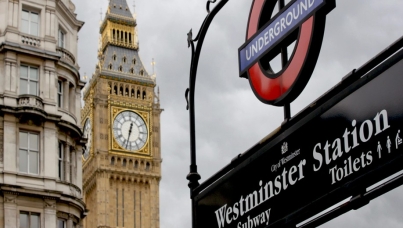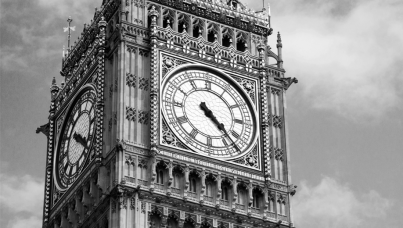Easier access to GP appointments remains the public’s top priority for the NHS
The Health Foundation and Ipsos continue a programme of public polling research, providing insights into public perceptions of health and social care. Every 6 months, we poll a representative sample of the UK public using the UK KnowledgePanel – Ipsos’ random probability online panel.
The latest survey, conducted in May 2025, shows:
- GP access remains the top priority: For the public, making it easier to get a GP appointment (39%) continues to be their biggest priority the NHS, followed by improving A&E waiting times (34%) and addressing NHS staff retention (29%). The government’s focus on cutting waiting times for routine hospital services ranks only fifth in public priorities.
- Concern for GP pressures is growing: Public concern about the strain on GP practices has increased, with four in five (82%) expressing concern (up from 78% in May 2024 and 73% in May 2022).
- Confidence in government’s handling of NHS remains low: only 16% of the public agree that the government has the right policies in place for the NHS, unchanged since November 2024, though still higher than the 8% that was recorded pre-2024 election.
- Waiting list progress is yet to be felt: Despite the hospital waiting list falling to its lowest point in over two years (from 7.6 million to 7.4 million), public perceptions of the waiting list size has not caught up. More people (37%) believe the waiting list has grown since the election than those who believe it has shrunk (24%).
- Support for NHS founding principles remains prevalent: The public continue to support the NHS’s founding principles: free at the point of delivery (86%), a comprehensive service for all (85%) and a service primarily funded through taxation (83%).
- Confidence in social care persistently low: Only 8% agree that the government has the right social care policies, with 51% disagreeing (compared to 43% in November 2024, but an improvement from 63% in May 2024).
- Public support for social care but awareness and understanding is lacking: Over half (56%) think that the state should be responsible for paying for some care for everyone who needs it, and people who can afford it also paying towards their care. However, public awareness and understanding of social care remain mixed. One-third (33%) incorrectly believe the NHS provides the majority of social care services for older people. A similar proportion (35%) mistakenly believe social care services are generally free at the point of need.
*The public are asked specifically about confidence in their corresponding government, i.e. UK, Scottish, Welsh and Northern Irish.
Read more and download the slide pack from the Health Foundation's website
Technical note
The survey was conducted between 8 and 14 May 2025 using Ipsos' UK KnowledgePanel, a random probability online panel. We surveyed 2,286 people aged 16 years and older in the UK. A response rate of 55% was achieved. The sample was reviewed on key demographics to ensure a balanced sample was selected. Weighting was applied to the data to ensure the survey results are as representative of the UK population as possible. Calibration weighting was applied to region and an interlocked variable of Gender by Age; and demographic weights were applied to Education, Ethnicity, Index of Multiple Deprivation (quintiles), and number of adults in the household.
The survey covers a range of public perceptions including expectations and perceptions of the NHS and social care; views on the government’s involved in the NHS; views of social care reform and funding; view of NHS funding and challenges facing local GP practices; views on NHS net zero and NHS waste and efficiency.



